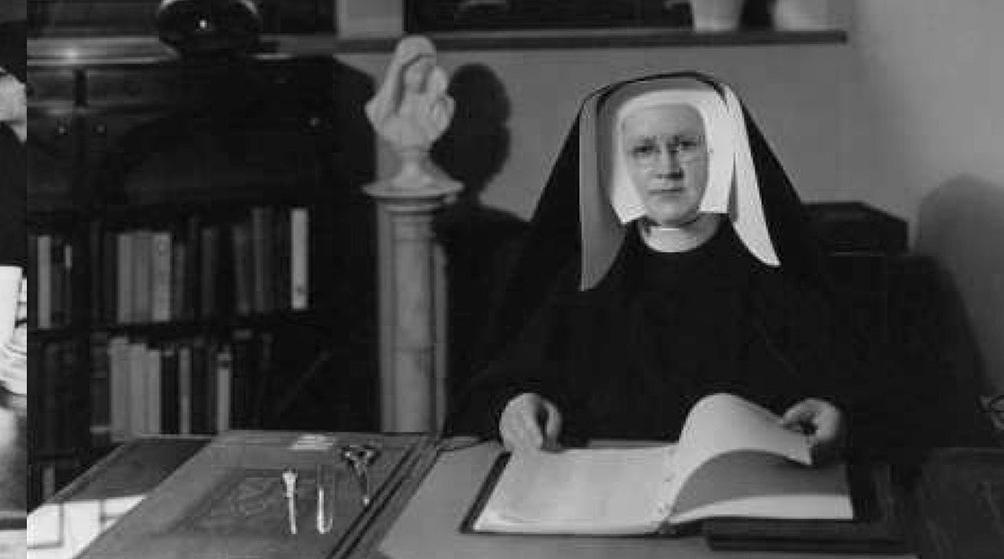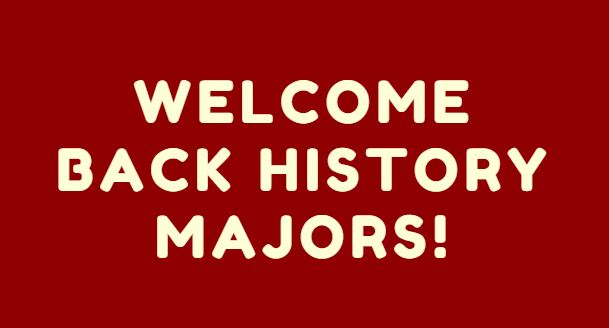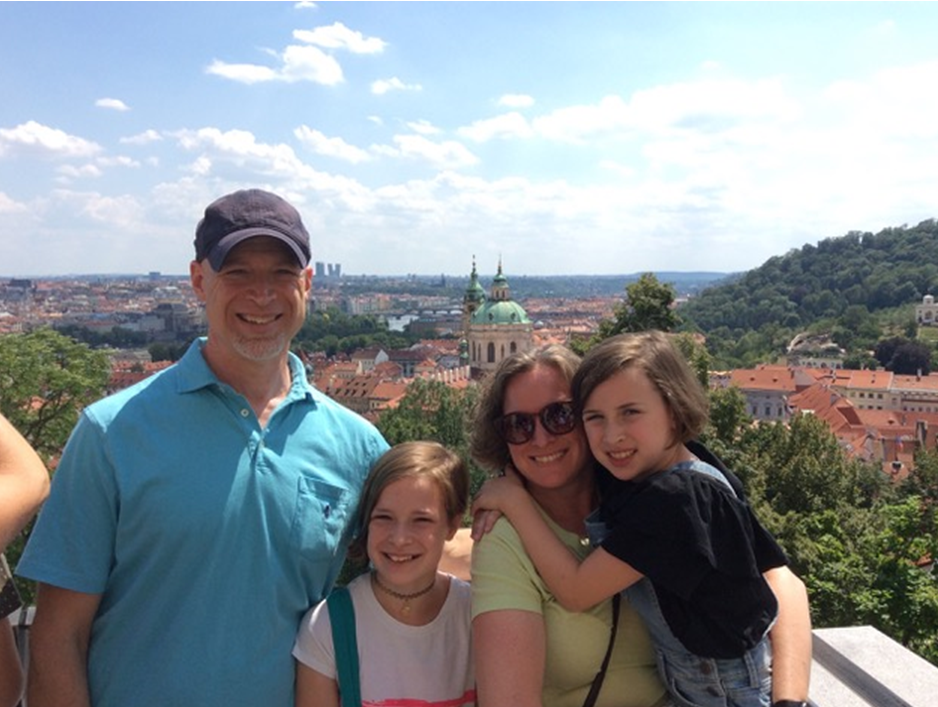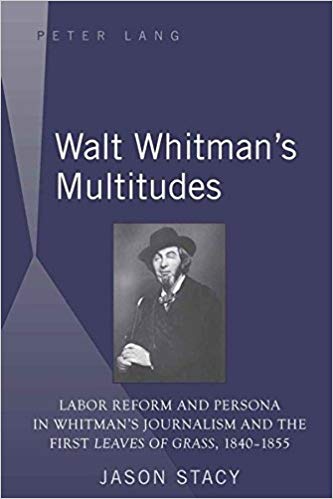archive
.png)
EVENTS
Whale Watching in the Medieval North Atlantic
On Monday, February 4, join Dr. Vicki Szabo, author of Monstrous Fishes and the Mead-Dark Sea: Whaling in the Medieval North Atlantic (Brill, 2008), for an exciting lecture exploring marine mammal use and populations in premodern Europe! This talk is the first "Medieval Environments" lecture of the semester, a collaboration between Loyola's Medieval Studies Center and Institute for Environmental Sustainability.
DETAILS
EVENTS
Where Historians Teach Panel Discussion
Thinking about careers? Currently on the job hunt? Join us on Tuesday, April 9 at 4pm in Cuneo 312 for a panel on "Where Historians Teach: A Discussion About Teaching Careers for Historians in Secondary Ed, Higher Ed, and Public History." Panelists include: Sarah Doherty, PhD, Assistant Professor of History at North Park University; Bryan Escobar, MA, Public Historian, Arts and History Specialist, Waukegan Park District; Amelia Serafine, PhD, Instructor, San Antonio College; Charles Tocci, PhD, Assistant Professor, School of Education, Loyola University Chicago.

SPOTLIGHT
Voices from Mundelein: Media Portal
This past summer, graduate students Jenny Clay and Nathan Ellstrand worked with the Women and Leadership Archives to create the Voices from Mundelein: Media Portal. Showcasing images alongside more than 30 interviews, the site shares the stories of women religious, students, staff, and faculty from Mundelein College.
VIEWHistorians in the Field: Ramblers at the 2019 AHA Conference
The American Historical Association took Chicago by storm this month and the Ramblers were there to greet them.

EVENT
Welcome Back Night for History Majors
All history majors are invited to attend a welcome back info session on September 11 at 4 PM in Crown Center 528. Learn more about the program, what requirements are needed to graduate, what you can do with a history degree post graduation, and ask any other questions you may have about the program.
DETAILSGraduate Alumni Spotlight: Jason and Michelle Stacy

In 2006, Dr. Jason Stacy and Dr. Michelle Stacy (née LaCognata) graduated from Loyola University. Jason completed his doctorate in American history while Michelle earned her Masters in Modern European history. Their time in the Loyola History Department provided valuable professional training. It also brought the two closer together since they began dating during coursework. They married in 2003 and now have two daughters.
Jason Stacy is a Professor of History at Southern Illinois University Edwardsville. He has authored or co-authored four books which focus on Walt Whitman or American history. Dr. Stacy is co-editor of Madison Historical: The Online Encyclopedia and Digital Archive of Madison County as well as a contributing editor for the Walt Whitman Archive. He came to Loyola because it allowed him to pursue his PhD part-time while working with prestigious urban historians. Dr. Lewis Erenberg’s urban history course formed Jason as a scholar. Dr. Erenberg encouraged students to consider literature as primary sources which Jason took to heart in his research. Upon graduating, Jason’s plans to continue teaching at the secondary level changed when he saw a job opening for a position that shaped future social studies educators. It required a PhD and experience teaching at the secondary level. Over the past fourteen years at Southern Illinois University, Jason taught courses on American history, pedagogy courses for pre-service teachers, and classes within the Honors College.

After completing her Masters from Loyola, Dr. Michelle Stacy continued teaching at Adlai E. Stevenson High School. Jason’s career offer at Southern Illinois University caused them to move and Michelle began teaching dual credit high school courses at a local high school. Her Masters degree enabled this since Saint Louis University required the credential of dual credit instructors. Dr. Stacy eventually returned to the classroom as a student at Saint Louis University where she received a PhD in Curriculum and Instruction, Social Studies Education. She transitioned into teaching in higher education and is a Professor of Teacher Education at Blackburn College. She’s published on the link between high school athletics and social studies teachers.
The Stacys also agreed about their favorite courses from Loyola. Dr. Suzanne Kaufman’s gender history course taught them post-structural theory and utilized phenomenal articles. For Michelle, Dr. Kaufman served as a “tremendous role model women could look up to for her career path.” Both felt that Dr. Susan Hirsch’s quantitative history class pushed their scholarship in new directions. It taught them new possibilities for considering historical data and primary sources. These courses shaped how the Stacys viewed the classroom and viewed the world.
When asked what advice they would give current graduate students, Michelle encouraged students to speak up in seminar and really engage with the material. “It’s just a great dynamic to be in a place together talking about ideas--take advantage of that!” Jason advised that students take the time to chart out their coursework and understand what they need to take in order to graduate. Both suggested that students consider a research topic early to give focus to course selection and make writing a thesis or dissertation more streamlined.
